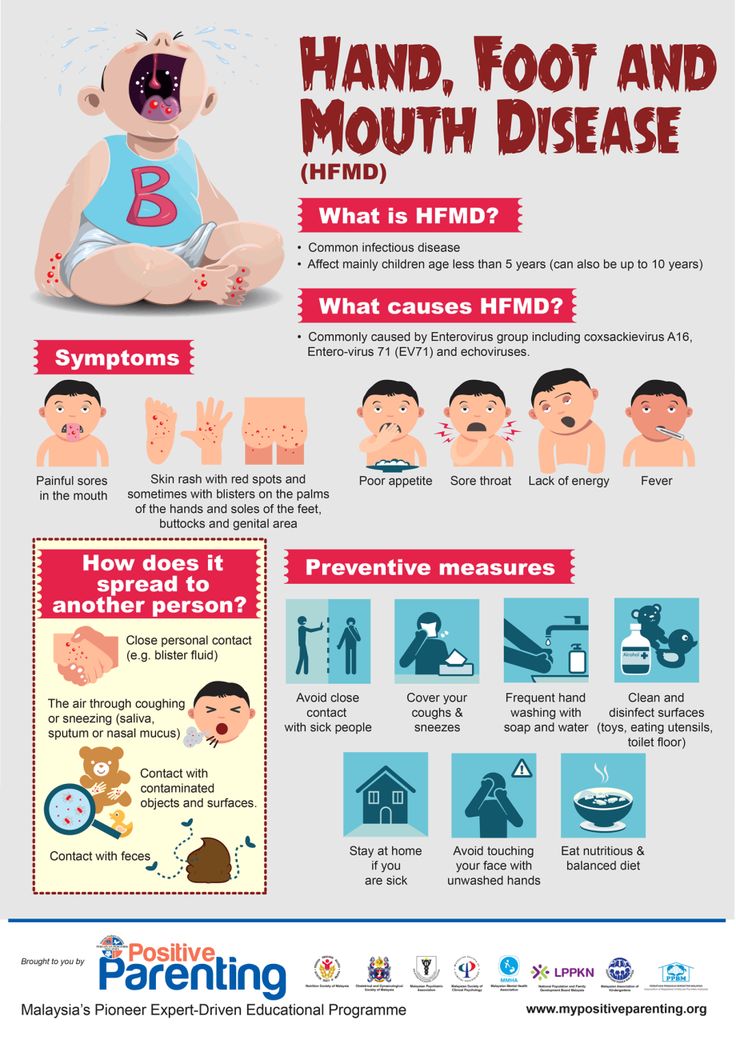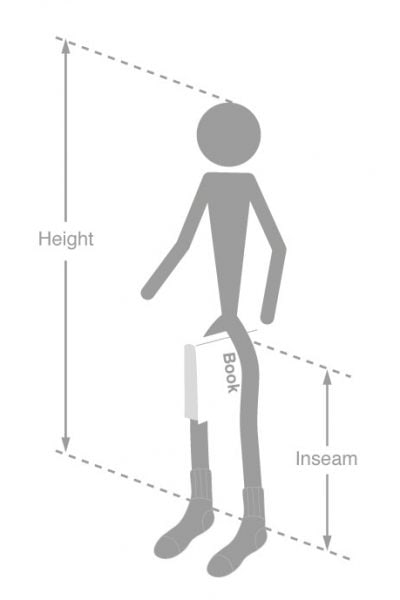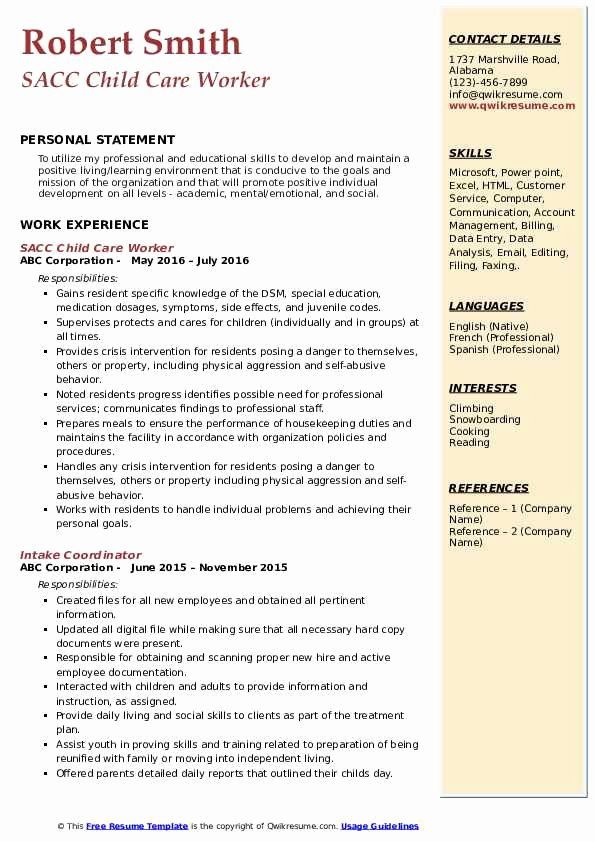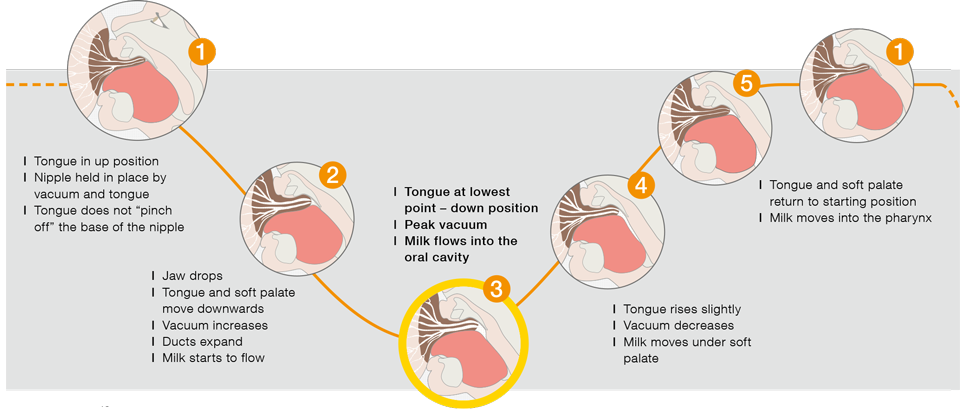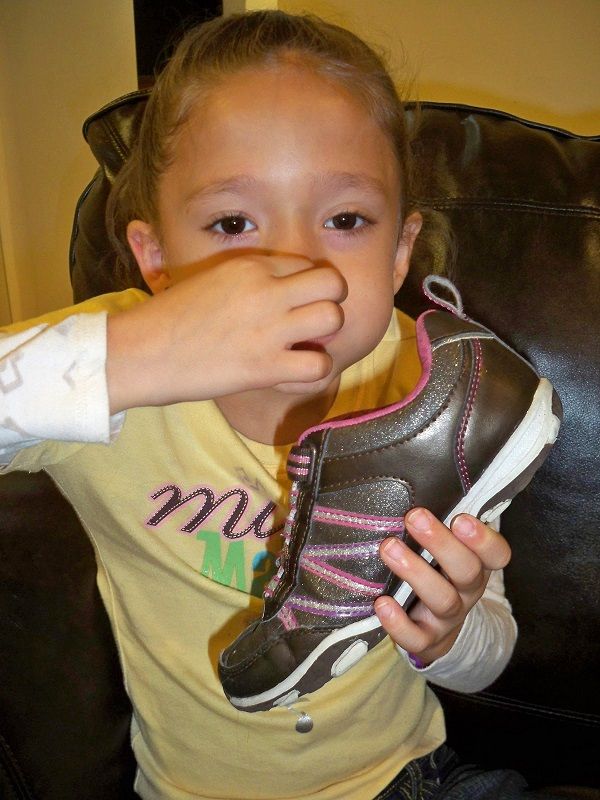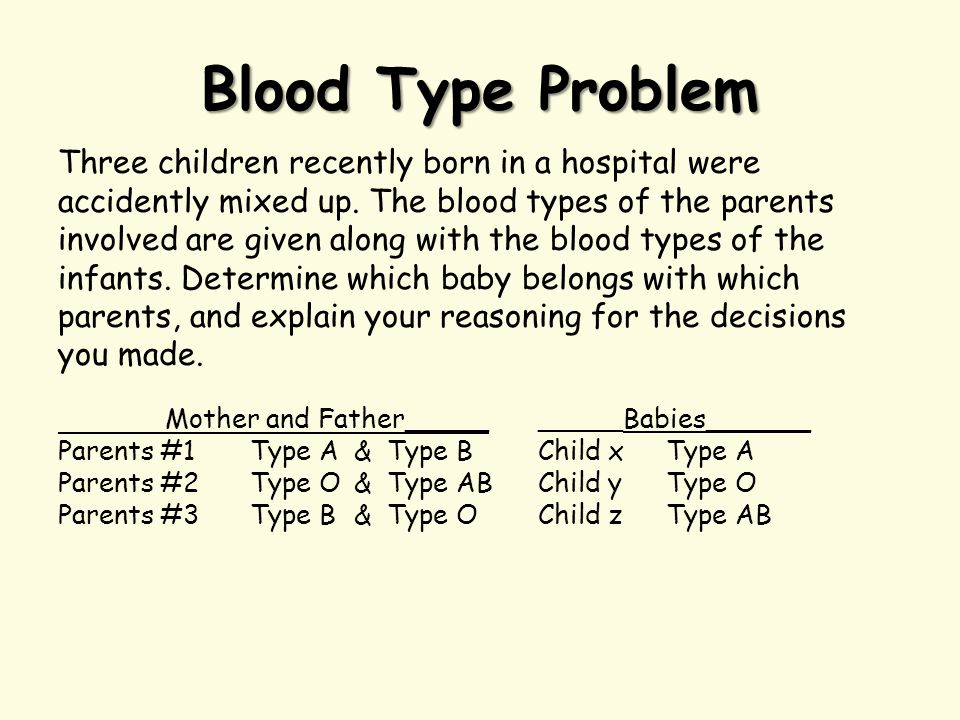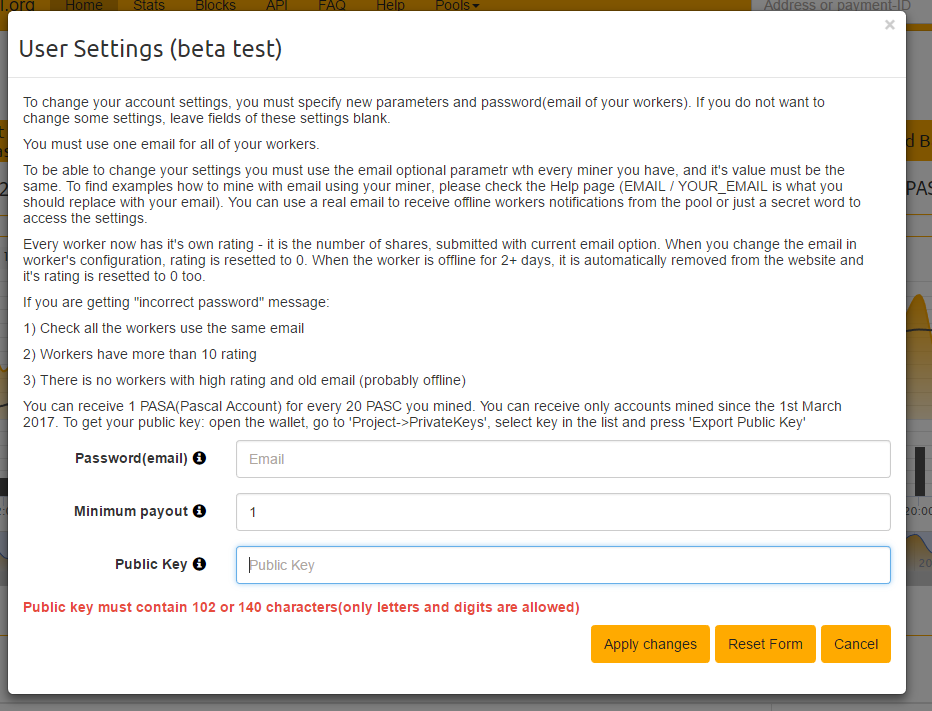Signs of the flu in babies
Influenza (flu) and your baby
The flu can be dangerous for all babies, even those who don’t have any underlying health problems.
Babies 6 months and older need a flu vaccine every year.
Parents, other family members and caregivers need a flu vaccine every year to help protect babies who are too young to get the vaccine.
If you think your baby has the flu, call their provider right away. Quick treatment can help prevent serious flu complications.
What is the flu?
Influenza (also called flu) is a virus that can cause serious illness. It’s more than just a runny nose and sore throat. It’s really important to protect babies and young children from the flu because it can make them very sick, and in some rare cases can even cause death. In 2017, the flu caused a record number of deaths in children. Most of the children who died didn’t get a flu vaccine.
How does the flu spread?
The flu spreads easily from person to person. When someone with the flu coughs, sneezes or speaks, the virus spreads through the air. Your baby can get infected with the flu if your baby comes into contact with someone with the flu, breathes the virus in or touches something (like a toy) that has the flu virus on it and then touches their nose, eyes or mouth.
People with the flu may be able to infect others from 1 day before they get sick up to 5 to 7 days after. People who are very sick with the flu or young children may be able to spread the flu longer, especially if they still have symptoms.
Does your child need a flu vaccine every year?
Yes. The Centers for Disease Control and Prevention (also called CDC) and the American Academy of Pediatrics (also called AAP) recommend that everyone 6 months and older get the flu vaccine each year. It’s especially important for children younger than 5 to get it because they’re more likely than older kids to have serious health problems caused by the flu. The flu can be dangerous for all children, even healthy children.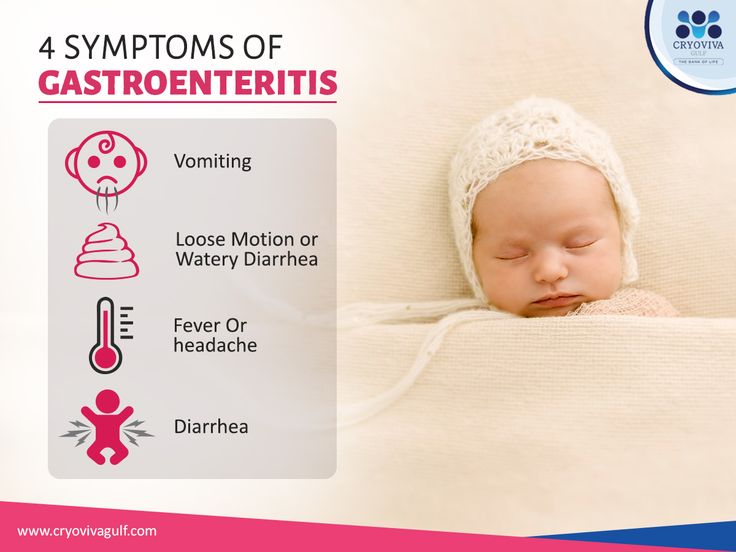
The best way to protect your child from the flu is to make sure they gets a flu vaccine each year before flu season (October through May). Even though your child’s more likely to get the flu during flu season, they can get it any time of year.
There are two ways for your child to get the flu vaccine:
- Flu shot. Children 6 months and older can get the flu shot.
- Flu nasal spray. This is a spray your child’s provider puts in your child’s nose. Most children 2 years or older can get the flu nasal spray. But it’s not recommended for children who have certain health conditions, like asthma, heart and lung problems, or a weak immune system that doesn’t protect them well from infection. The flu nasal spray also isn’t recommended for children who take certain medicines for a long time, like aspirin (called long-term aspirin therapy).
The first time your baby gets the flu vaccine, two doses are given to give the best protection from the flu. Your child gets one dose of the vaccine every year after.
Your child gets one dose of the vaccine every year after.
If you’re not sure which vaccine is best for your child, ask their health care provider. Visit flu.gov to learn more about flu vaccines.
The flu vaccine is safe for most children, even babies born preterm (before 37 weeks of pregnancy). But if your child had a bad reaction to the flu vaccine in the past, tell their provider. The provider may want to watch your child closely after getting the vaccine to check for a reaction. If your child is allergic to eggs, talk to their provider to decide if it’s OK to get the flu vaccine. Some flu vaccines are made from eggs.
There are many different flu viruses, and they’re always changing. Each year a new flu vaccine is made to protect against three or four flu viruses that are likely to make people sick during the upcoming flu season. With the vaccine, protection from the flu lasts about a year, so it’s important to get your child vaccinated each year. You get the vaccine from their provider or from other places, like pharmacies, that offer it.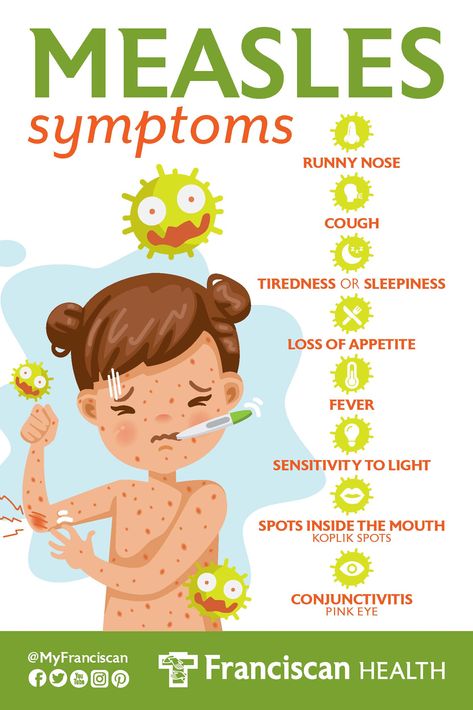 Use the HealthMap Vaccine Finder to find out where you can get a flu vaccine for your child.
Use the HealthMap Vaccine Finder to find out where you can get a flu vaccine for your child.
Are some children more likely to have serious health problems caused by flu than others?
Yes. Babies and children younger than 5 years old—and especially those younger than 2 years old-- are more likely than older children to have complications from the flu. Babies born preterm also are at increased risk of serious complications from flu. The CDC recommends that babies who were born preterm get most vaccines, including the flu vaccine, according to their chronological age (the time since birth). Even if a baby is born small or with a low birthweight, they can get vaccines at the same time as other babies who are the same age. If you have a baby who was born preterm, talk your baby’s provider to make sure your baby gets the flu vaccine on time. Children with chronic health conditions, like asthma, heart disease or blood disorders, also are at high risk of flu complications.
What health problems can flu cause in children?
Complications from flu in children younger than 5 years old include:
- Making chronic health conditions, like heart disease or asthma, worse.
- Brain problems, like encephalopathy. Encephalopathy is any brain disease that affects the brain’s structure or how the brain works.
- Dehydration. This means not having enough water in your body.
- Pneumonia. This is an infection in one or both lungs.
- Sinus problems and ear infections. Sinus infections can happen when fluid builds up in the sinuses.
- Death. Flu complications can sometimes lead to death, but this is rare.
What are signs and symptoms that your baby has the flu?
Signs of a condition are things someone else can see or know about you, like you have a rash or you’re coughing. Symptoms are things you feel yourself that others can’t see, like having a sore throat or feeling dizzy.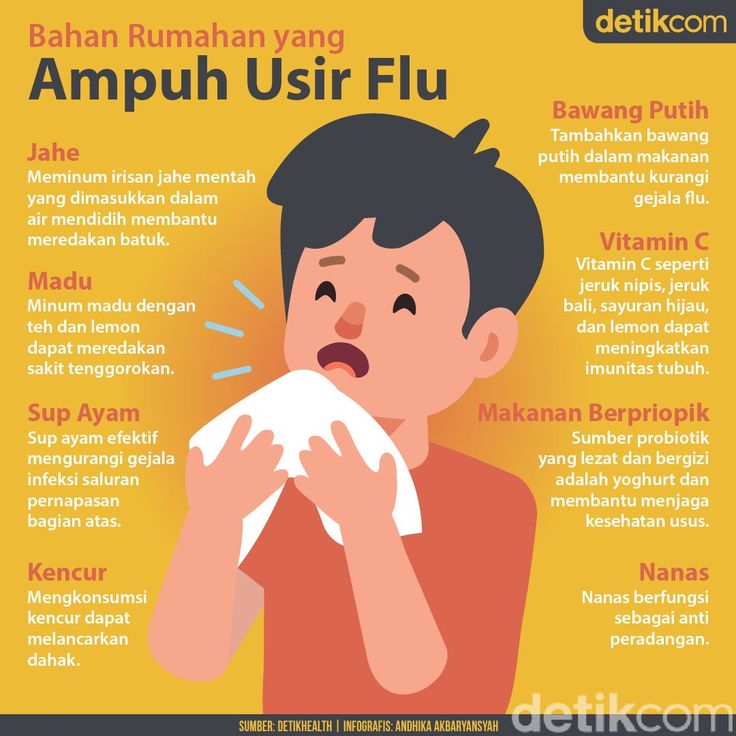 If your baby has any of these signs and symptoms of the flu, call your baby's health care provider right away or take him to see his provider:
If your baby has any of these signs and symptoms of the flu, call your baby's health care provider right away or take him to see his provider:
- Being very tired or sleepy (also called fatigue)
- Cough
- Fever (100 F or above), chills or body shakes. Not everyone who has the flu has a fever.
- Headache, or muscle or body aches
- Runny or stuffy nose
- Sore throat
- Vomiting (throwing up) or diarrhea
The flu often comes on quickly. Fever and most other signs and symptoms can last a week or longer. While your baby can’t tell you how they’re feeling, babies who have the flu often are sicker, fussier and seem more uncomfortable and unhappy than babies with a common cold. If you think your baby has the flu even if they got a flu vaccine, call their health care provider.
The following are signs and symptoms that your baby needs care at a hospital emergency room:
- Being so fussy that they don't want to be held
- Bluish color of lips or face
- Chronic health conditions, like asthma, that get worse
- Fast breathing, trouble breathing, chest pain or ribs pulling in with each breath
- Fever in a baby younger than 12 weeks old, fever above 104 F in older babies or children, or fever with a rash
- Fever or cough that gets better but then returns and gets worse
- Having seizures.
 A seizure is when the whole body or parts of the body move without control.
A seizure is when the whole body or parts of the body move without control. - Not drinking enough fluids or not making as much urine as she normally does. If your baby doesn’t make urine for 8 hours, has a dry mouth or doesn’t make tears when crying, she may be dehydrated.
- Not waking up, or not being alert or interacting with you when she is awake
- Severe muscle pain. It may be so severe your child can’t walk.
- Vomiting (throwing up) that’s severe or doesn’t stop
Your baby doesn’t need to have all these symptoms for you to get emergency medical care. You are your baby’s best advocate and know your baby best.
How is flu treated in babies and children?
Your baby’s provider may prescribe an antiviral medicine to prevent or treat the flu. An antiviral is a medicine that kills infections caused by viruses. Antivirals can make your baby’s flu milder and help your baby feel better faster. Antivirals also can help prevent serious flu complications, like a lung infection called pneumonia.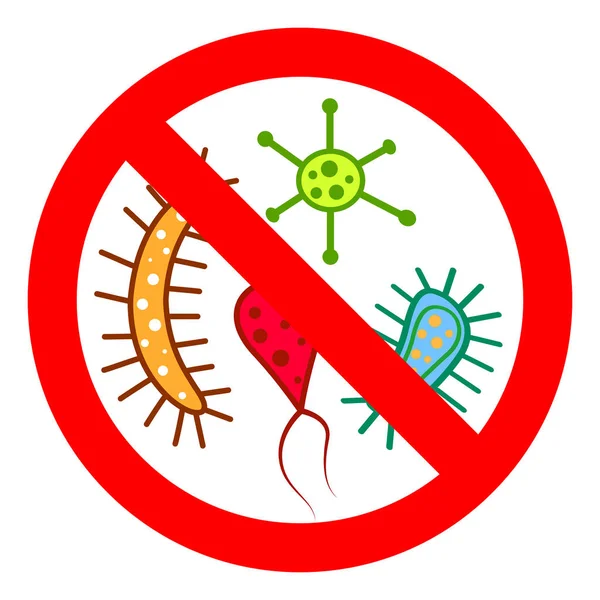 For flu, antivirals work best if used within 2 days of having signs or symptoms.
For flu, antivirals work best if used within 2 days of having signs or symptoms.
If your baby is at high risk for flu, the provider may prescribe an antiviral as soon as they begin to have flu symptoms. All children younger than 5 are at high risk for flu, especially children younger than 2. Children who were born preterm or who have chronic health conditions, like asthma or sickle cell disease, also are at high risk.
Three medicines are approved in the United States for preventing or treating the flu in children:
- Oseltamivir (Tamiflu®) for children as young as 2 weeks. This medicine comes as a capsule or liquid.
- Zanamivir (Relenza®) for children at least 5 years old. This medicine is a powder that your child breathes in by mouth. It isn’t recommended for people with breathing problems, like asthma.
- Peramivir (Rapivab®) for children at least 2 years old. This medicine is given through a needle into a vein (also called IV) by a health care provider.
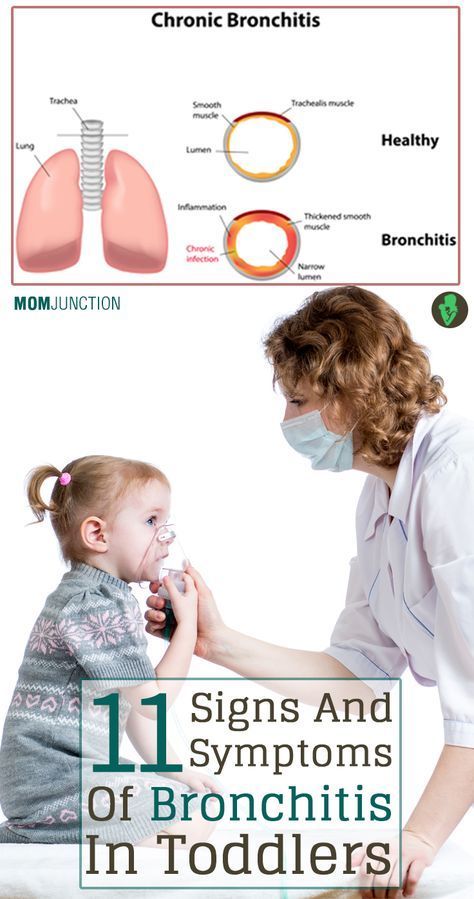
If your baby has the flu, help them get lots of rest and drink plenty of fluids. Your baby may not want to eat much. Try giving small meals to help your baby get better.
If your baby seems uncomfortable from a fever, ask their provider if you can give infant’s or children’s acetaminophen (Tylenol®) or ibuprofen (Motrin® or Advil®). Don’t give your baby aspirin without checking with their health care provider. Aspirin can cause a rare but life-threatening liver disorder called Reye syndrome in children with certain illnesses, such as colds, the flu and chickenpox.
If your baby has a cough or a cold, talk to your baby’s provider about ways to treat it. AAP warns that over-the-counter cough and cold medicines can cause problems for infants and children 4 years old and younger. It’s always best to talk to your provider before giving your baby any kind of medicine.
How can you stop the flu from spreading?
Everyone 6 months and older needs to get a flu vaccine. This means you, especially if you have or take care of a baby younger than 6 months. Getting a flu vaccine can help keep you from spreading the flu.
This means you, especially if you have or take care of a baby younger than 6 months. Getting a flu vaccine can help keep you from spreading the flu.
If you or your child has the flu, you can spread it to others. Here’s how to help prevent the flu from spreading:
- Keep your child home from day care, school or camp for at least 24 hours after their fever (100 F or higher) is gone. The fever should be gone without using a medicine that lowers fever, such as Tylenol.
- Avoid contact with other people.
- Don’t kiss your baby and avoid touching your eyes, nose and mouth.
- Teach your child to cough or sneeze into a tissue or their arm. Throw used tissues in the trash.
- Wash your hands with soap and water before and after caring for your baby. You also can use alcohol-based hand sanitizers. Use enough hand sanitizer so that it takes at least 15 seconds for your hands to dry.
- Clean surfaces and toys that may have the flu virus on them.
- Use hot, soapy water or a dishwasher to clean your baby’s dishes and utensils.
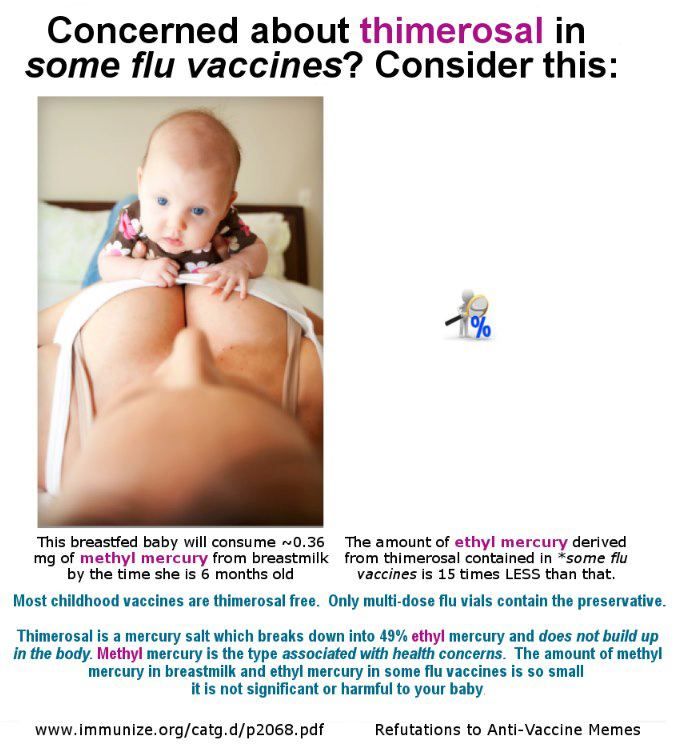
- Don’t share any of your baby’s dishes, glasses, utensils or toothbrush.
More information
Flu.gov
Flu Vaccines are Important for Children | CDC
What is the Flu? Common Influenza Questions (familiesfightingflu.org)
Last reviewed: November, 2022
Flu Symptoms: When To Bring Your Child Into The Emergency Center
We are in the midst of one of the most severe flu seasons in a decade. Texas Children’s alongside hospitals across the nation have seen a major jump in flu-related emergency center visits over the past several weeks. It’s important for parents to understand when they should or shouldn’t bring their child into an emergency center with flu-like symptoms. The flu can cause a variety of symptoms and effects, ranging from mild to severe. Most healthy people, including children, can recover from the flu without complications, and don't need to go to the emergency center or seek hospitalization. Symptoms of the flu can include:
- Fever or chills
- Headaches
- Fatigue
- Coughing
- Sore throat
- Runny or stuffy nose
- Body aches
- Diarrhea
- Vomiting
A child with these regular flu-like symptoms can usually be cared for at home with fever-reducing medication, like Tylenol or Ibuprofen, clear fluids and bed rest. If diagnosed early enough, some children might benefit from Tamiflu, a medication that requires a prescription from your pediatrician. To ensure your child has fully recovered from the flu, he/she should stay home for at least 24 hours after the fever is gone. If your child's flu-like symptoms return and worsen, or if your child is at high risk for developing flu-related complications (he/she is younger than 2 years old or has a chronic condition like asthma, epilepsy, lung disease, heart disease, sickle cell disease, cancer, etc.), call your child’s pediatrician to seek evaluation.
If diagnosed early enough, some children might benefit from Tamiflu, a medication that requires a prescription from your pediatrician. To ensure your child has fully recovered from the flu, he/she should stay home for at least 24 hours after the fever is gone. If your child's flu-like symptoms return and worsen, or if your child is at high risk for developing flu-related complications (he/she is younger than 2 years old or has a chronic condition like asthma, epilepsy, lung disease, heart disease, sickle cell disease, cancer, etc.), call your child’s pediatrician to seek evaluation.
Click here to schedule an appointment online.
You should seek immediate medical care in an emergency center if your child exhibits any of these core warning signs:
- Return of flu-like symptoms with worsened fever, cough
- Fast or troubled breathing
- Cyanosis, a bluish discoloration of the skin
- Dehydration, a lack of fluid consumption (no tears with crying, dry lips and mouth, no urination in more than eight hours)
- Severe lethargy
- Irritability
In adults, core warning signs signaling a need for urgent medical attention include:
- Return of flu-like symptoms with worsened fever, cough
- Difficulty breathing, or shortness of breath
- Pain or pressure in the chest or abdomen
- Sudden dizziness
- Confusion or altered mental state
- Severe or persistent vomiting
Just remember: Although most flu-related illnesses can be treated at home, please seek immediate medical care if you're especially concerned about your child’s health, or if your child exhibits any of the core warning signs.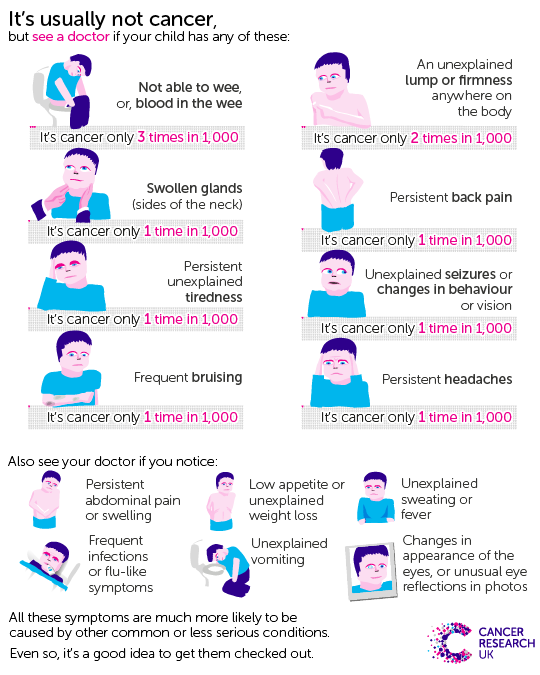 The flu vaccine is the best way to protect yourself and your family from flu infection. It isn't too late to get your flu shot!
The flu vaccine is the best way to protect yourself and your family from flu infection. It isn't too late to get your flu shot!
Why I give my kids the flu shot
Flu symptoms? Where to go, and when
10 common myths regarding the influenza (flu) vaccine
Sitemap
|
Educational activities |
Influenza in children: initial symptoms, prevention
News
26.
 10.2022
10.2022 Changes from December 1 in the legislation regarding the execution of the compulsory medical insurance policy
Dear insured!
SOGAZ-Med informs: read more
16.10.2022
October 16 - World Healthy Eating Day
World Healthy Eating Day is celebrated annually on October 16th. Meals – one read more
15.09.2022
Section My health of the portal of public services
read more
16.06.2022
Happy Medical Worker Day!
DEAR COLLEAGUES!
From the bottom of my heart I congratulate you on your professional holiday - Medical Worker's Day! read more
10.06.2022
Action "The most peaceful army"
Feat of physicians read more
- home
- Information for patients
- Medical prevention
- Influenza in children: initial symptoms, prevention
Symptoms of influenza in children depend on the clinical form of the disease. A typical clinical picture of influenza is characterized by a combination of two leading syndromes - general intoxication and catarrhal phenomena of the upper respiratory tract. nine0120
Influenza most often develops abruptly: chills, weakness, body pain, weakness, lethargy, fatigue, headache; a few more hours - and the body temperature rises to 38-40 degrees Celsius. The next day (or a day later) there is a cough, runny nose. They, as a rule, annoy the child less than a violation of the general condition.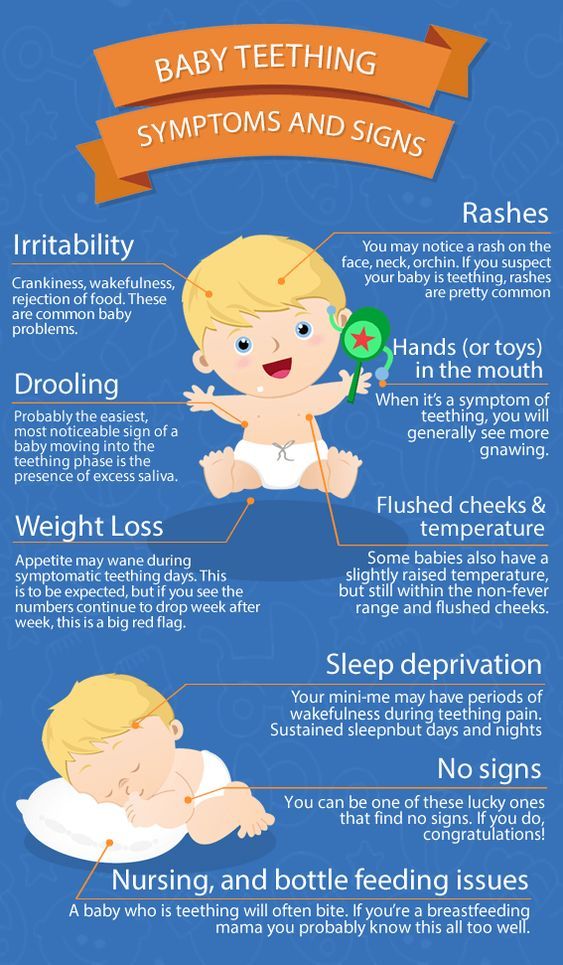
In infants, flu symptoms may include restlessness, refusal to breastfeed, regurgitation. Children cannot fall asleep for a long time or, conversely, sleep all day, breaking the normal routine and skipping feedings. nine0120
Appetite in children with influenza, is usually lower than normal. You should not be very worried about this, it is much more important whether the child drinks liquid or not.
Treatment advice for parents
- Call a doctor at home and if the diagnosis of influenza is confirmed, carry out the prescribed treatment.
- Keep bed rest for all children, regardless of the severity of the disease, until the body temperature normalizes and the condition improves, but not less than 3-5 days. nine0009
- Do not give antibiotics and sulfonamides - they have no effect on the virus and are not needed in uncomplicated influenza.
- Do not give aspirin (acetylsalicylic acid) as an antipyretic because of the high risk of developing Reye's syndrome, a disease characterized by cerebral edema, vomiting and confusion.

- Do not give analgin to children under 12 years of age due to the high risk of side effects such as blood disorders and impaired kidney function. nine0009
- Use as an antipyretic paracetamol, which is available in different forms - for young children in the form of syrup, suppositories. Before you give the next dose of the drug, which will be calculated by the attending physician, it is necessary to measure the temperature of the child. If it is not increased after the previous dose of the medicine, then there is no need to give the next portion. Do not use paracetamol for more than 3 days in a row. If the drug is ineffective, it is replaced with another one. nine0009
- Do not drip antibiotic solutions into the nose. It is not recommended to use vasoconstrictor drops for viral rhinitis. If the mucus in the nose dries up and the child begins to breathe through the nose, then you can moisten the nasal passages with drops of saline (it is available in all pharmacies).
 A runny nose is a defense, if it is not interfered with, it will most likely pass by itself (the exception is the case when a complication joins).
A runny nose is a defense, if it is not interfered with, it will most likely pass by itself (the exception is the case when a complication joins). - It is unacceptable to use antitussives without the consent of a doctor. At home, the main thing is to prevent the drying of sputum. In this case, again, cool air and plenty of fluids will help. nine0009
according to hygiene rules:
- Ventilate the room where the child is located several times a day (transfer the child to another room during the ventilation).
- Wet clean the children's room at least twice a day.
for prevention
- Today, vaccination is considered the most effective method of preventing the spread of the disease. However, it should be carried out in a timely manner - the optimal time for immunization is September-October. During the height of the epidemic, the method of specific immunoprophylaxis is ineffective. nine0009
- Have antiviral drugs interferon (in ampoules - drops in the nose), viferon (candles), algirem (syrup), rimantadine (for school-age children - in tablets) in the home medicine cabinet.
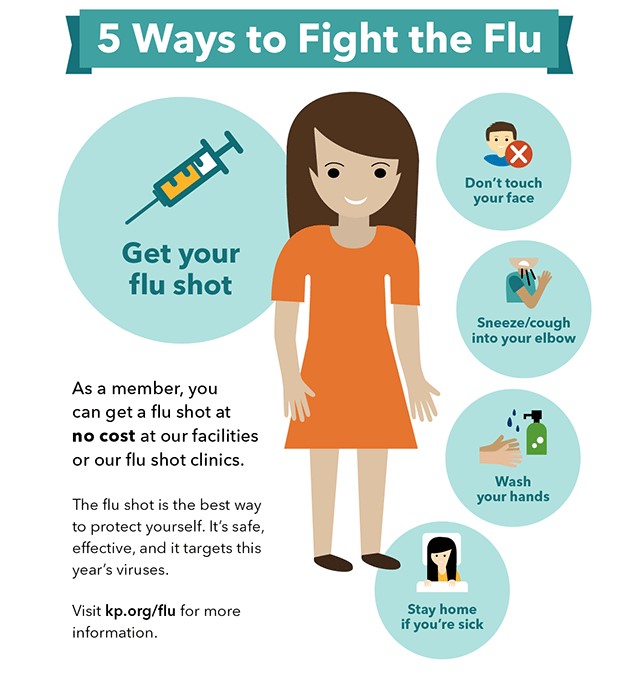 Doses and course of treatment should be agreed with the doctor.
Doses and course of treatment should be agreed with the doctor. - One of the most common and affordable means for the prevention of influenza is a cotton-gauze bandage (mask). However, this is not an effective enough method of protecting oneself, and in case of illness, those around from infection
- Influenza prevention is important to reduce the number of contacts with sources of infection, this is especially important for children. It is not recommended to actively use urban public transport and go to visit, etc. Children should walk as much as possible: it is almost impossible to catch the flu in the fresh air. nine0009
- Frequent hand washing is essential, as the infection is easily transmitted through dirty hands.
nutrition
- Offer milk-vegetable diet during the first 2-3 days of illness, then by age.
- Give plenty of fluids in frequent, divided portions to reduce the risk of dehydration - cranberry or lingonberry juice, sweetened water with lemon, rosehip tincture, alkaline mineral water without gas.
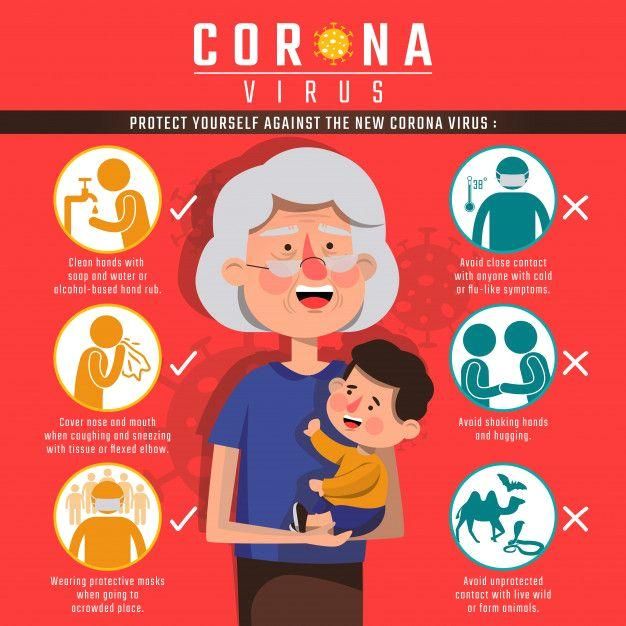 The daily volume of liquid for young children should be 150 ml per 1 kg of body weight for the period of fever, after lowering the temperature - 100 ml. nine0009
The daily volume of liquid for young children should be 150 ml per 1 kg of body weight for the period of fever, after lowering the temperature - 100 ml. nine0009 - Additionally, you need to take ascorbic acid and multivitamins. Ascorbic acid (vitamin C) helps to increase the body's resistance. Vitamin C is used orally at the age dosage. It should be noted that the largest amount of vitamin C is found in sauerkraut juice, as well as citrus fruits - lemons, kiwi, tangerines, oranges, grapefruits. Useful salad of fresh cabbage with sunflower oil, containing a large supply of vitamins and minerals.
- Daily use of fresh vegetables and fruits in the diet, which will increase overall immunity to viral diseases, and will also significantly ease the family budget, compared to the cost of medications.
- Teach children to eat garlic. In order for children not to turn away from its burning, bitter taste, it should be finely chopped or ceiling and put on a sandwich with butter.
